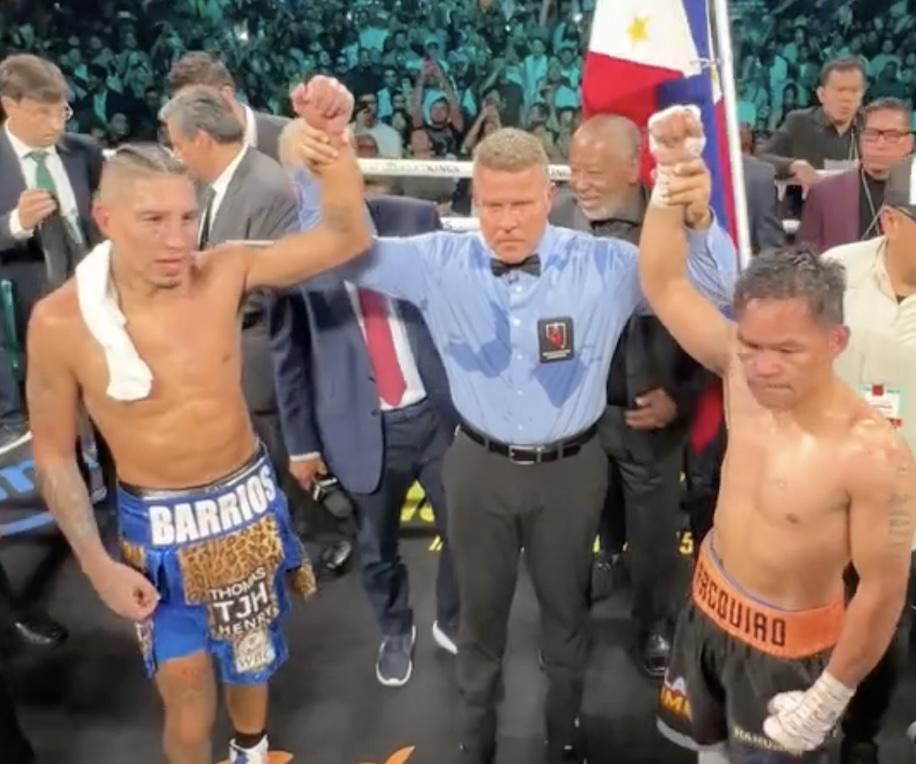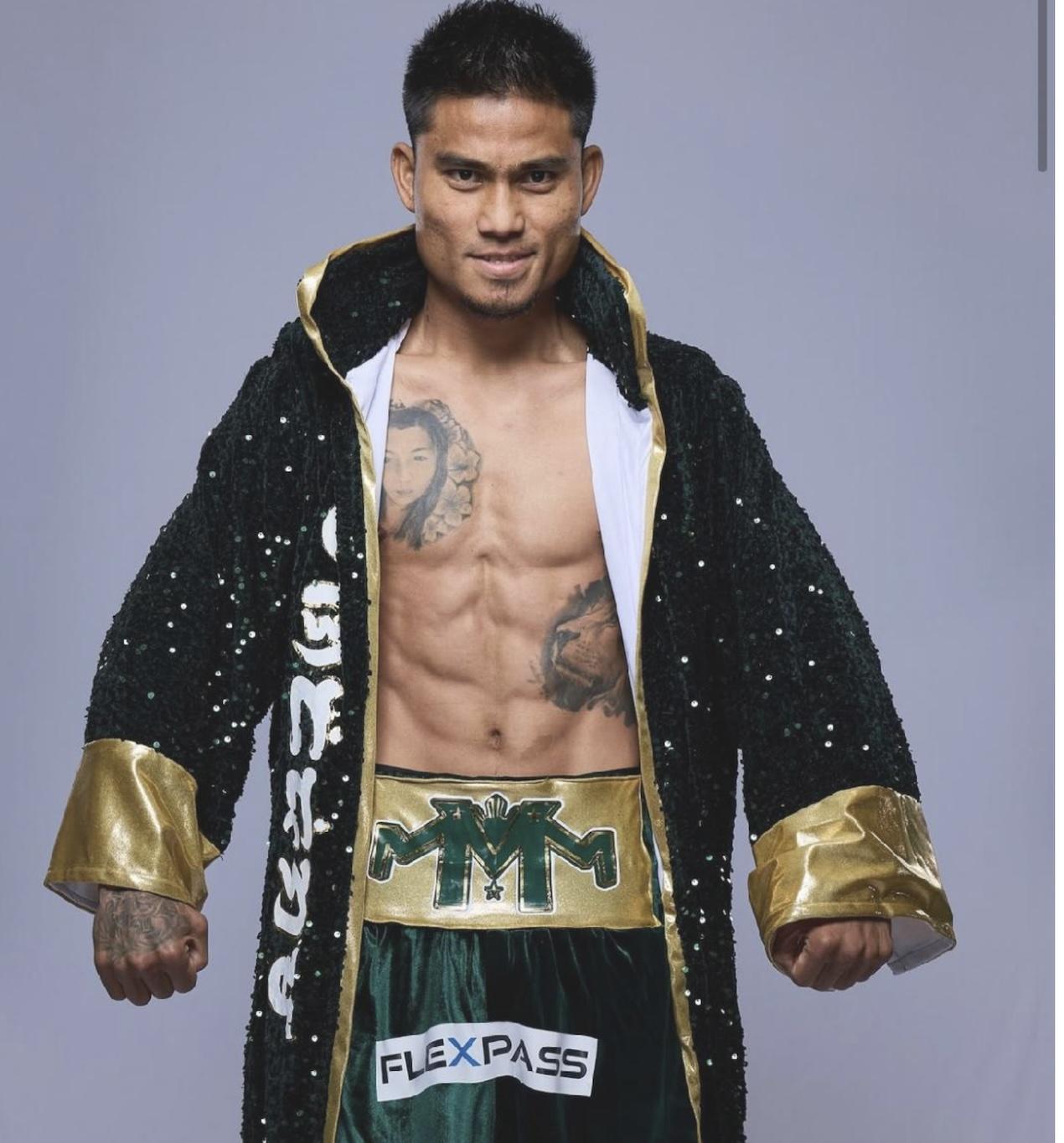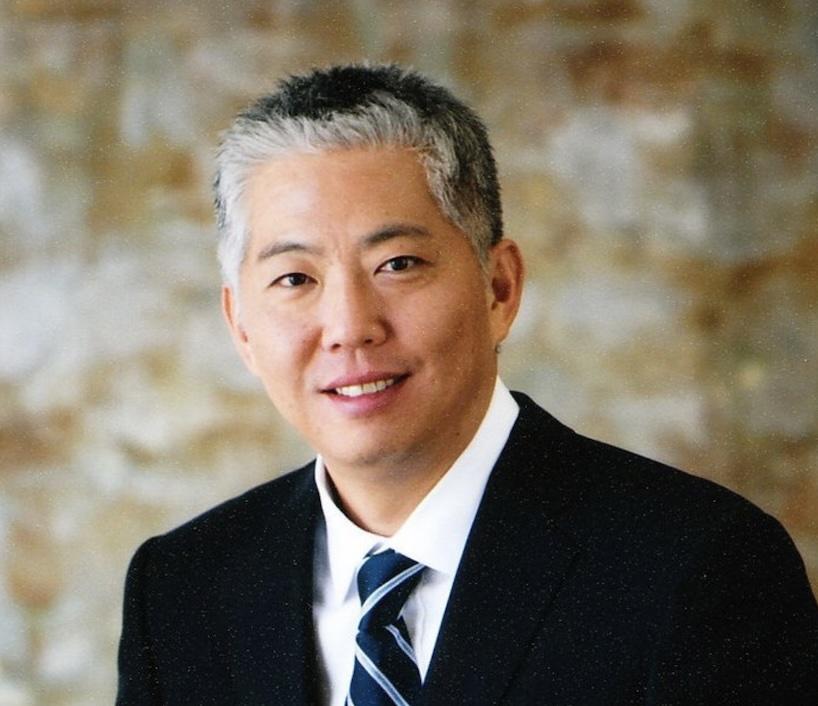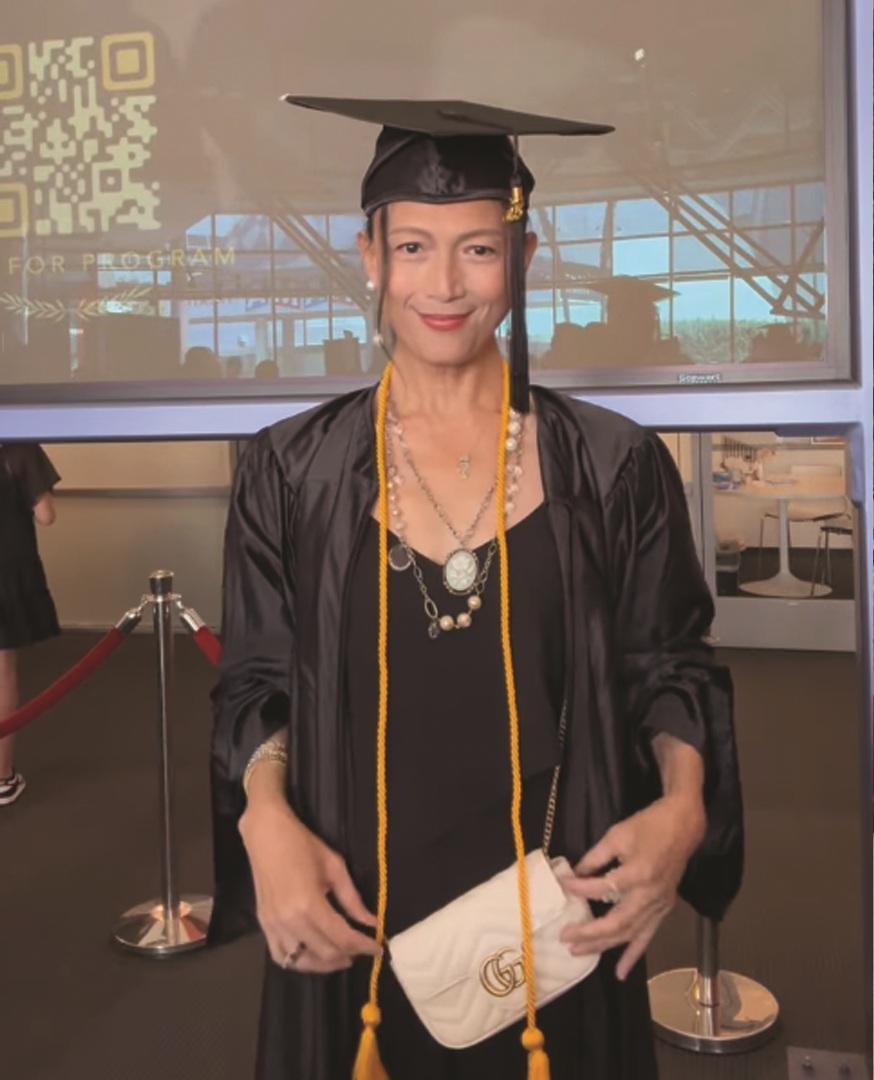The bout ended in a majority draw. Two judges scored the fight 114–114, while one gave Barrios a narrow edge at 115–113. Barrios retained the belt, but the night belonged to Pacquiao—proof that time may slow a man, but it cannot silence a legend.
From the streets to the pinnacle of boxing
Manny Pacquiao’s story is no ordinary rise. Born in Kibawe, Bukidnon, and raised in the streets of General Santos City, he sold bread and cigarettes as a child to feed his family. At 14, he left home, slept on cardboard in Manila, and took up boxing as a means of survival.
By 16, he turned professional. His rise was meteoric—winning world titles in eight weight divisions, a feat no other boxer in history has matched. He defeated titans like Marco Antonio Barrera, Miguel Cotto, and Oscar De La Hoya, and became a global force not just in the ring but in the hearts of millions.
Pacquiao was never the biggest fighter. But he didn’t need to be. He climbed to the top not with size, but with grit—a fearless, fighting spirit honed by hardship and hardened by hunger.
A senator, a servant, a dreamer
By the 2010s, Pacquiao had expanded his battles from the ring to the political arena. Elected to the Philippine Congress and later to the Senate, he advocated for poverty alleviation, education, and anti-corruption reforms. In 2022, he made a bold run for the presidency of the Philippines.
He lost.
The campaign ended with a third-place finish in the national vote. But Pacquiao accepted defeat with humility and grace, saying, “I will continue to serve the people in whatever way I can.” For many, the loss humanized him even more. He had dared to dream—again—and handled disappointment with the same dignity he showed in victory.
The comeback that transcended titles
Three years after his retirement, Pacquiao announced a comeback. Critics questioned the move. At 46, what more could he prove?
Plenty.
On fight night, he showcased flashes of the fighter the world fell in love with. His footwork, timing, and flurries of punches dominated the middle rounds. Barrios, 16 years younger at age 30, rallied late and secured the draw by taking the 12th round on all cards. Yet Pacquiao walked away as only he could: with his chin up, his legacy intact, and the roar of fans in his ears.
“I thought I won the fight,” Pacquiao said afterward. “It was a close fight. My opponent was very tough. It was a wonderful fight.”
A worthy opponent in Barrios
For his part, Mario Barrios proved he was more than just the younger fighter—he was a composed and technically sound champion. The 30-year-old Texan absorbed Pacquiao’s early pressure and executed a smart, measured strategy down the stretch. His strong finish in the final round sealed the draw and allowed him to retain the WBC welterweight title. After the bout, Barrios showed deep respect for the Filipino icon, calling it an “honor” to share the ring with a legend.
Generations apart, but shoulder to shoulder
When Mario Barrios was just 8 years old, Manny Pacquiao had already shaken the boxing world. In 2003, Pacquiao delivered a career-defining knockout of Marco Antonio Barrera—a stunning victory that announced his arrival as a global force. While Barrios was still in grade school, Pacquiao was already headlining pay-per-views, earning his place among the sport’s elite. More than two decades later, they stood shoulder to shoulder in the same ring—proof that greatness can endure and even span generations.
More than a champion
Even outside the ring, Pacquiao’s impact endures. He has built homes for the poor, funded surgeries and scholarships, and launched charitable foundations. He has been a voice for the underprivileged, a symbol of resilience, and a beacon for Filipino pride on the world stage.
He has inspired not only with his fists but with his faith, generosity, and relentless hope.
“You don’t need to be born into privilege to do something great,” Pacquiao once said. “You just need to believe and never stop fighting.”
Final bell, eternal legacy
Manny Pacquiao may never become president. He may never fight again. But what he’s given the world, through struggle, sacrifice, and service, will never fade.
He is not just the greatest Filipino boxer of all time. He is one of history’s most remarkable lives.
From cardboard floors to championship belts.
From poverty to greatness.
From the streets to the pinnacle of boxing.
And on this July night in Las Vegas, Manny Pacquiao reminded fans and critics alike – yet again:







